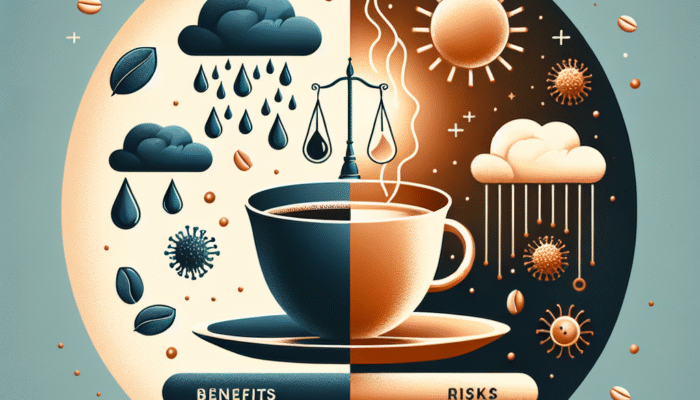
Coffee and Sleep: How to Enjoy Coffee Without Disrupting Your Rest
Coffee is one of the most popular beverages worldwide, known for its rich flavor and energy-boosting properties. However, many people struggle with the balance between enjoying their favorite brew and maintaining a healthy sleep schedule. In this blog post, we‘ll explore how to savor coffee without sacrificing your rest.
Understanding Caffeine and Sleep
Caffeine, the main ingredient in coffee, is a natural stimulant. It works by blocking adenosine, a neurotransmitter that promotes sleep, which can lead to increased alertness and wakefulness. While this is great for a morning boost, consuming caffeine too close to bedtime can wreak havoc on your sleep quality.
Timing is Everything
To enjoy coffee without disrupting your sleep, it’s crucial to pay attention to when you consume it. Here are some tips:
- Limit Afternoon Consumption: Try to have your last cup of coffee by early afternoon. For most people, this is around 2 PM to 3 PM.
- Know Your Sensitivity: Everyone metabolizes caffeine differently. Pay attention to how your body reacts and adjust your intake accordingly.
- Consider Decaf: If you crave the taste of coffee later in the day, opt for decaffeinated coffee. It gives you the flavor without the jitters.
Mind Your Portions
Another way to enjoy coffee while minimizing sleep disruption is to monitor your portion sizes:
- Stick to One or Two Cups: Most health experts recommend limiting caffeine intake to about 400 mg per day, which is roughly equivalent to four 8-ounce cups of brewed coffee.
- Try Smaller Sizes: If you enjoy coffee shop visits, consider ordering smaller sizes or sharing a larger drink.
Alternative Brewing Methods
Different brewing methods can produce varying levels of caffeine. If you‘re looking for a lower-caffeine option, consider:
- Cold Brew: Typically contains less caffeine than hot brewed coffee.
- Brewing Time: The longer you brew your coffee, the higher the caffeine content. Experiment with shorter brewing times.
Listen to Your Body
Ultimately, the best approach to coffee and sleep is to listen to your body. If you notice that your sleep is consistently affected by caffeine, it may be time to make some adjustments. Consider keeping a journal to track your coffee intake and sleep patterns, which can help you identify any correlations.
Conclusion
Enjoying coffee doesn‘t have to come at the expense of a good night‘s sleep. By being mindful of when and how much you drink, you can savor every sip while still prioritizing your rest. So go ahead, brew that cup of joy, and remember: balance is key!


